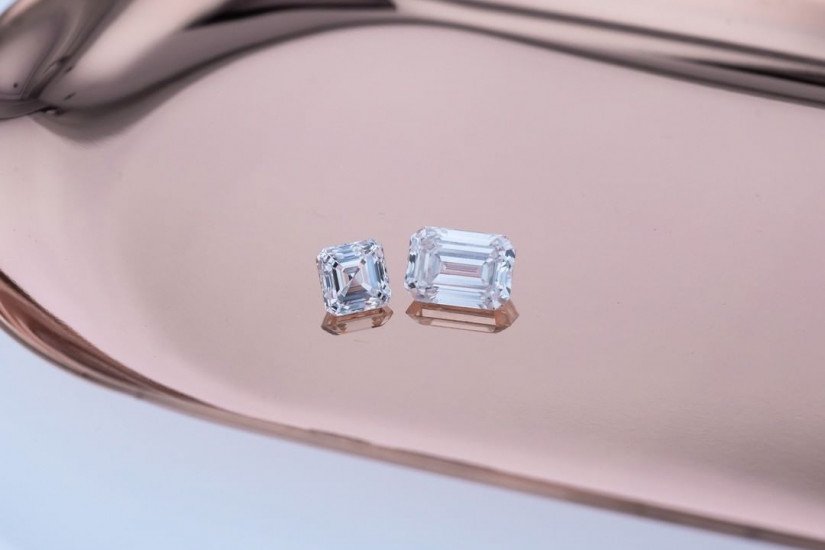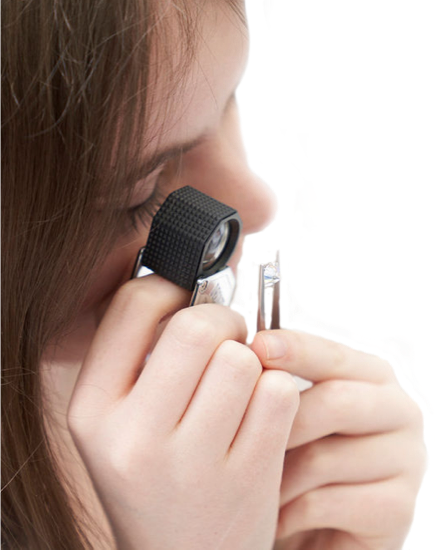The right inventory is always key to the success of jewelry stores, but during and after the COVID-19 pandemic, having the right items on-hand will be even more crucial.
Here are some tips for setting your store up for success when your doors re-open for business.
Have — and Use — the Right Technology
The best way to predict the future is to look at the past. Think of it this way: Sales from November 2019 should inform what you’ll need on-hand for November 2020.
Without a doubt, the best way to maintain an accurate view of the past is through technology and point of sale systems (POS).
But it’s not enough just to have that technology in place, because in order to predict what inventory they’ll need, jewelers and their staff must enter each transaction the same way every time. Jewelry stores are notorious for breaking the rules and not enforcing a consistent POS process, thereby creating larger inventory problems and inefficiencies. Entering data correctly across the entire store is essential for gaining accurate insight to help plan for your inventory and your future needs.
Monitor — and Match — Your Competition
An extremely effective pricing strategy is to watch your local competitors. Don’t set out to beat them (no one wants a race to the bottom), rather just mimic their pricing to create an even playing field. Better yet, find a way to deliver more value — extra services, specialized expertise, or even refreshments — so you can charge slightly more.
Know Your Customer
I see a lot of jewelers consistently make the mistake of pricing their diamonds based on national data, but it really isn’t a good indicator of what’s right for each jeweler in every market. It stands to reason that the Los Angeles market is always going to be drastically different than the Cleveland market, for example.
Differences in demographics like median incomes and style preferences unique to your market should play a huge role in setting prices.
Post Pandemic Points
I know there is a lot of uncertainty about what will happen when jewelers begin to open their stores back up. To prepare for re-opening, it will be important to take into consideration all the tips I’ve already covered, along with a couple more that are unique to this unprecedented moment in time:
Restock the basics: Stock some of the lower price point items coming out of the pandemic, as it is likely that shoppers will be tenuous with their money initially. Having some lower-cost items on-hand may be just what you need to help jumpstart your business.
Don’t buy timid: Many consumers will be excited to be back in physical stores and eager to shop, which means they will simply move on to the next store if you don’t have what they want when they want it. Make sure you have the classics in the cases.
The Specifics
Inventory is by far the single greatest expense when running a jewelry business.
The need to provide many options and styles to customers makes a physical inventory a costly endeavor, which is why predictive inventory planning is so critically important. Still many of my jeweler customers are asking me, “What should I be carrying right now?”
My response is also rooted in data. Here are the overarching trends we’re seeing which will still vary somewhat by a store’s location and customer demographics:
Round brilliant cut diamonds are consistently the most popular and so will always be in high demand.
Second to rounds cuts, we’re currently seeing ovals increase in popularity.
Nationally we see a buying pattern of SI1, SI2, and I1’s and colors ranging F to J.
As far as finished jewelry goes, we recommend that jewelers always stock diamond studs. They sell year-round and are timeless pieces that will never go out of style.
Lastly, I’ll leave you with a remarkable stat: 80 percent of engagement ring shoppers buy a ring on the first day they set out to shop for one. Consequently, if you don’t have what they want, they will go somewhere else.
This is precisely why great analytics are key to great business, so be sure to use all the technology and data available to you to better understand both your competition and your customer.


